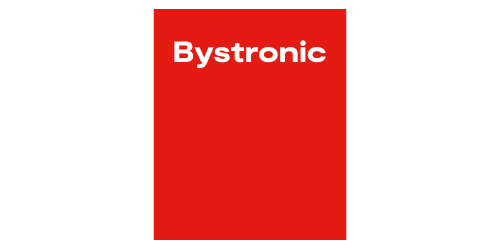MG Motor India and LOHUM partner on reusing EV batteries
Gurugram/Greater Noida - MG Motor India and Indian materials producer LOHUM are giving second lives to electric vehicle (EV) batteries. LOHUM will recycle MG’s EV batteries. Their first project initiative will be a 100-percent off-grid 5-kilowatt-hour BESS that can help meet energy needs in urban and rural India.
Storied carmaker MG Motor India, headquartered in Gurugram, Haryana, and sustainable materials producer LOHUM, based in Greater Noida, Uttar Pradesh have launched a joint project to find a second life for electric vehicle batteries.
Under the deal, LOHUM will repurpose MG’s EV batteries into related battery energy storage products, or BESSs, to extend their life cycle and optimize resources, said a June 5 press release. Through this circular economy, the BESSs can then help facilitate renewable energies and clean technologies throughout India.
“Through our expertise in battery material recycling and low-carbon refining, we will play a pivotal role in ensuring the efficient utilization of MG’s EV batteries,” said LOHUM Founder and CEO Rajat Verma. “By repurposing these batteries as BESS, we contribute to making the clean energy transition circular and address the critical need for reliable power supply in community centers. This collaboration represents a significant step towards sustainable development and underscores our commitment to creating a greener future.”
The first initiative in the collaboration will be a 100-percent off-grid 5-kilowatt-hour BESS that can help meet energy needs in urban and rural India, providing stable power supplies in regions where the grid is unreliable.
“Battery energy storage solutions hold immense potential to revolutionize India’s energy landscape, with their versatile applications, affordability, and undeniable support for local communities,” said MG Motor India CEO Emeritus Rajeev Chaba, CEO Emeritus. “India can unlock a future where clean, reliable, and low-cost energy storage becomes a reality, empowering communities, households, and entire rural areas alike while driving sustainable development and energy independence for the nation.” ce/jd



































